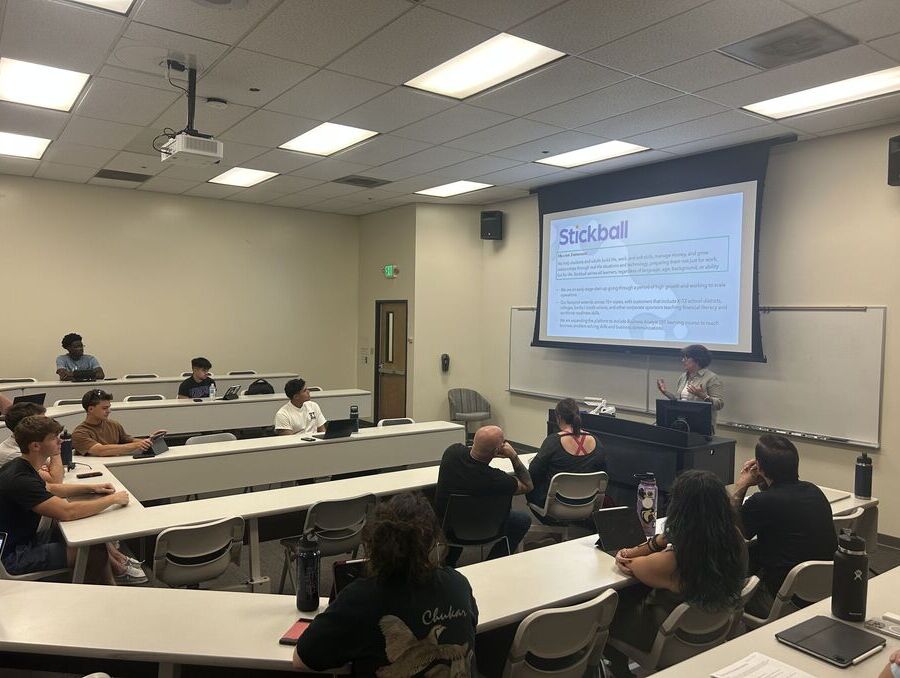Whether they’re shopping for golf balls or considering a dog for adoption from an animal shelter, consumers prefer easy-to-pronounce names.
A University of Nevada, Reno researcher says consumers feel that they have more control over a product when the name is easy to pronounce, but a difficult name may be less troublesome if control of the product isn’t a big issue.
James Leonhardt, an associate professor of marketing in the College of Business at the University, and Cornelia Pechmann, a professor of marketing at the Paul Merage School of Business at the University of California, Irvine undertook the research into difficult-to-pronounce product names. Their paper has just been published in a professional journal, Organizational Behavior and Human Decision Processes.
Their findings about difficult-to-pronounce names appear to cross a wide range of products. Study participants were asked, for example, to help choose a name for a line of golf balls from a list that included two easy names, “Melvern” and “Chatima,” and two names that are difficult to pronounce, “Weayaya” and “Machakw.” Other than the names, the golf balls were identical.
After practicing with the balls on a putting green, participants favored those with easy-to-pronounce names and felt they could better control those golf balls.
The same thing happened when study participants were asked to pick a name for a dog who would live in an urban setting in which control would be important. They preferred the easy-to-pronounce “Belland” over the harder-to-pronounce “Baxtiod.” But participants didn’t have a preference between the two names when they were asked to choose a name for a dog who would live in rural setting, where control is less important.
Even a test of real-world names found that consumers who want to exert control over a product choose those with easily pronounced names. When Leonhardt and Pechmann gave them a long list of names of snow tires that are currently on the market, consumers who wanted tires with good control chose the easy names.
“Based on our findings, marketers who seek highly unique product names for trademark purposes, or who insist on product name consistency across different countries with different languages for global marketing, should also seriously consider name pronounceability,” the researchers wrote.
Leonhardt noted, however, that difficult-to-pronounce names may be less of a handicap for companies that are selling products where control is less important — a mountain bike marketed to experienced riders, for example.
















